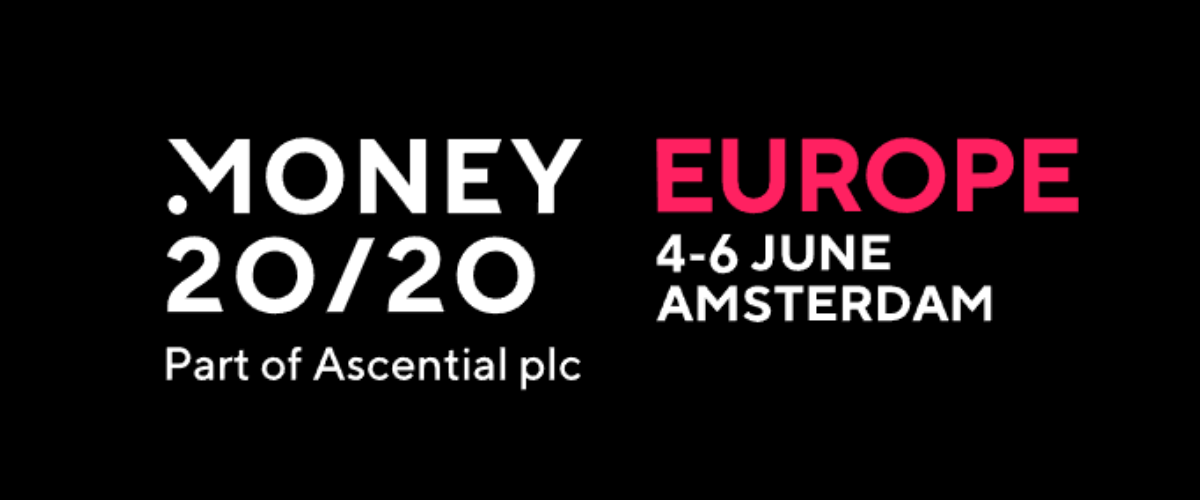And we’re kicking off the week with new analysis and opinions on fintech with banking, Artificial Intelligence, ESG, crypto, and more. Dive into the latest fintech insights and have a great start to the week!
Pension reform in France: Which countries have Europe’s lowest and highest retirement ages? (Euro News)
France faced another day of protests and strikes against the government’s pension reform, raising the legal retirement age from 62 to 64 by 2030. The plan to make the French work for longer also requires 43 years of work to earn a full pension at 64 – otherwise, workers would have to wait until they turn 67. This rule is to kick in by 2027, while the statutory retirement age will go up by three months each year, starting in September, eventually reaching the 64 years mark by the end of the decade. The government says the reform is needed to make the French pension system financially sustainable as the nation’s population ages. But the opposition and unions are calling for other options, such as making companies and the wealthy pay more to finance the pension system. The contentious plan has been forced through parliament without a vote and is now being examined by the Constitutional Council, which is expected to say on April 14 whether it approves all or part of the text, the last step before the law can enter into force. Read more
What’s attracting European businesses to ‘new Silicon Valley’? (Business Cloud)
While we see clear advantages and great potential to perform well in the UK, like any market there are challenges that need to be overcome. The UK is an incredibly important market for our company despite the fact that we only launched here in September 2022. As its new chief operating officer, a key part of my role is to drive our expansion into new markets, and I see tremendous potential to go big in Britain. We are not the only technology company with this attitude towards the UK at the moment. Last year, the country became one of only three nations in the world to see its tech industry reach a combined market value of $1 trillion, a feat which has earned it the title of Europe’s Silicon Valley. This is in spite of being outside of the EU and all the well-documented challenges and commentary about Brexit. A fair assessment is that the UK’s attractiveness to European businesses has been complicated by Brexit, but is not at risk. Technology skills are not country specific and are in high demand – Brexit has made it more difficult for technical talent to come to the UK, and the result is that it’s creating higher demand for off-shoring work. Read more
Can Europe Compete On Generative AI? (The Innovator)
In 2018 France’s President Emmanuel Macron launched what could be considered a kind of digital call to arms: Find European models for development of technologies like AI that encompass the Continent’s values. That challenge is more urgent than ever at a moment in time when generative AI large language models (LLMs) are going mainstream while the companies behind them simultaneously downsize their responsible AI teams. This week more than 1800 leaders from the tech industry, including Elon Musk and Apple Co-founder Steve Wozniak, expressed their worry and called for a six month moratorium on the development of the technology due to profound risks to society and humanity. With billions of dollars at stake few believe that call will be heeded. Since 2017, an estimated 73% of AI foundation models have come from the U.S., where development is mainly driven by large technology companies, and 15% from China. As uptake of these LLM models takes off Europe risks becoming increasingly dependent on foreign AI models, potentially hampering the competitiveness of the entire European economy. Read more
How fintech start-ups are driving the ethical finance revolution (Fintech Futures)
The average UK consumer has a lot going on right now – with the cost-of-living crunch, rising inflation and eye-watering prices, focusing on the environmental, social and governance (ESG) activities of the companies they use to manage their finances may just be the last thing on their mind. But does being ‘ethical’ mean having to compromise? Some fintech start-ups don’t think so. Broadly speaking, ‘ethical finance’ refers to selecting firms or services that focus on doing good for the planet and society – in line with ESG investing and being “socially responsible”. With climate change on the rise, recent years have seen these terms gain more spotlight in news and discussions. Fintech start-ups have taken to the trend as well, with a number of ethical fintech start-ups cropping up across the globe. Read more
BPC: How Embedded Finance Will Shape the Future of Banking (The Fintech Times)
The rise of embedded finance marks a new era, not only for banking transactions but also for the overall relationships between financial institutions, consumers and businesses. Vasily Grigoriev is the vice president and managing director for global SaaS at BPC, the company looking to deliver innovative and best-in-class proven solutions which fit today’s consumer lifestyle when banking, as payments, become embedded in a wide value chain of transactions and commerce. Grigoriev discusses the importance of embedded finance and how the banking industry can take advantage of the opportunities it presents. Embedded finance is here to stay and will only continue to grow. It delivers the seamless and straightforward experience that customers want, with technology making it easier than ever for companies to embed everything from virtual wallets to lending services in their offerings. Pretty much any company can now offer bank-like services to their customers through fintech systems. The question for the banking industry is, how can traditional financial institutions adjust and take advantage of the challenges and opportunities embedded finance brings? Read more
Credit is broken and we aim to fix it – Yonder CEO (Business Cloud)
Will tech solve the dysfunctional relationship between consumers and banks? Co-founder of rewards-based product reveals expansion plans. Credit cards mostly exist as a way to exploit customers rather than serve them – and it’s time technology solved the problem. that’s the view of Tim Chong, CEO of London startup Yonder, which has created a rewards-based credit card. Yonder was founded in 2021 by ClearScore alumni Chong, Theso Jivajirajah and Harry Jell following the former’s struggles to access quality credit products as an Australian citizen in the capital. The startup has raised £20.9 million from VC funds including Seedcamp, Northzone and LocalGlobe. It also counts Frank Strauss (Deutsche Postbank), Matt Robinson (GoCardless) and Rio Ferdinand amongst a host of angel investors. Read more
–
Do you have any news to share: please put feed@hollandfintech.com on your press list.
Curious to read and find out more from fintech? Then subscribe & read our full newsletters here. Stay tuned for more insights following up this week regarding the news piece.



